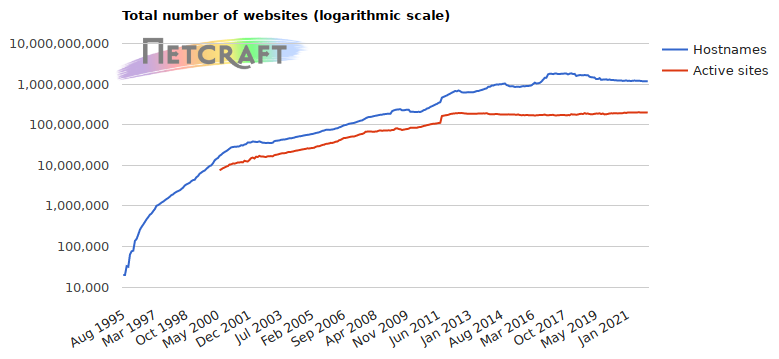Hosting Basics For An Easier Understanding
Website hosting can seem very complicated when you first think about it. But learning the basics and getting some smart tips under your belt will be a big help. The following tips can shed some new insights on the ins and outs of web hosting.
Different hosts may have different features and add-ons like website builders or one-click installs of third-party content managers. When you are analyzing the different providers, compare the different levels of service so you know you are getting the right features you require. For instance, a host that offers packages that are generally priced lower than other hosts might not necessarily be such a good choice if the key features you need are only available through expensive packages.
When comparing your options for web page hosting providers, pay close attention to the types of websites available. Some of the free sites may merely offer static pages. This would mean that you could not add your own scripts. If you need dynamic scripting for your website, you may have to choose a paid host instead.
Dedicated or shared hosting, which one is right for you? Shared hosting may create a problem for well-established websites with heavy traffic, as it may mean limited bandwidth or even downtime. Instead, opt for a dedicated server.
The majority of hosting providers offer a variety of service packages and features, which may differ significantly from one server to another. When you’re looking at all the options, be sure that what people are offering matches what you’re looking for. A provider’s affordable price tag may catch your attention, but even the lowest price is too much for a service or feature that is useless for your site.
If you find facets of your current web hosting provider unsatisfactory, check out potential alternative back up options. If the problem doesn’t lend itself to an easy fix, you’ll be ready to move to a new host. You’ll avoid downtime and lost traffic to your site regardless of what caused the initial problem.
Get multiple recommendations when you are trying to pick a website hosting service. Relying on just two means, there is more room for error within your decision given that those two people may be a different experience level or be directly affiliated with the business that offers the hosting services.
Are you considering a free hosting provider? Make sure to back up everything that you want to keep, because free hosts don’t usually provide any sort of backup service. Remember, you get what you pay for. Therefore, if your data is lost and you do not have your own backups, there will be nothing you can do.
Select a web hosting provider that has a record of few outages and downtime. If a provider has a history of frequent and lengthy outages, the host may be incapable of meeting your needs. Do not make any commitment to such companies because this is a big sign that they are unprofessional.
Do your homework and research online and don’t just choose a web host based on what their promotional advertising tells you. Look for customer reviews by independent sites to see how decent the host is. Outside reviews by customers of the host will offer the best indication of the host’s quality.
Domain Registration
Your decision for a web host should not be based on the host being free. Free hosting usually includes displaying ads on your site. Furthermore, you are not allowed to change or control these advertisements. If you use random ads, your websites reputation will suffer.
Use a separate company for domain registration rather than registering it via your hosting company. This way, you will retain control of the domain name if you decide to switch hosting companies for any reason. If only your host controls your domain registration, you will not be able to use it any longer.
A good web host should have a good reputation. Some companies have an excellent reputation and are well-regarded in the field. If you can’t find any positive reviews on a prospective host, then you should probably cross them off your list.
Consider paying more for a secure server certificate if you want a safe website. Visitors to your site will be informed that it is a secure site and will feel more comfortable making a purchase and entering personal information.
The web host that you decide to utilize should offer support for all of the programming languages that you or your development team currently use, and plan to use in the future. You can’t put your site online, if your host does not support the languages you use. If you change a programming language to an unsupported one in the future, your web host won’t be able to support your site. It can be very tedious to switch web hosts.
Use caution when considering website hosting packages that offer unlimited services. For instance, unlimited disk space means you are limited in the kind of files you can upload. Besides, unlimited bandwidth can mean you have to pay an extra fee. Be sure to understand all of the terms and conditions of these unlimited deals so that you can make a very educated decision.
If your website needs email capabilities, ask web hosting providers about the email formats they allow. POP 3 is the most common one that would probably meet your needs. This email service can be linked to your domain name, and accessed from multiple vantage points on the Internet.
Selecting a host which fits your needs will be easy now that you’ve learned from all the tips in this article. Continue to utilize the above tips to help you succeed and prosper with creating a website.
Think about upgrading your site’s hosting to use a server dedicated solely to you. Dedicated servers give more bandwidth, additional security and extra storage space for your growing site. This will allow you to provide your customers with the optimum experience when they visit your site. Keep in mind that a happy customer is one that will probably come back.



